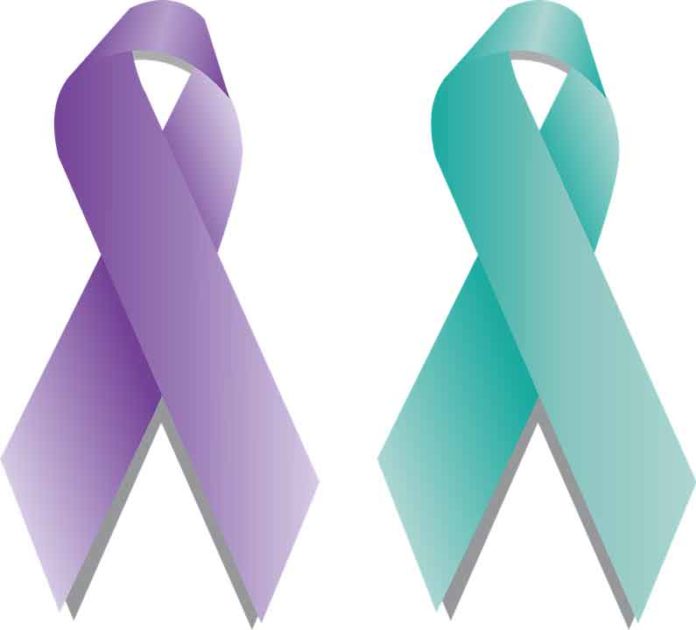Rates of obesity among adolescents in the United States have increased at a dramatic rate along with the prevalence of weight-related diseases. Because the obese adolescent faces medical, psychologic, and reproductive health challenges, early intervention is imperative in preventing short-term and long-term morbidity.
A new study has linked adolescent obesity with up to a four-fold increased risk of pancreatic cancer later in life. The investigation’s outcomes additionally propose that overweight and significantly higher weight inside the “normal” weight range in men may increment pancreatic cancer hazard in an evaluated way.
To uncover any potential associations with adolescent weight, Zohar Levi, MD, of Rabin Medical Center and Tel Aviv University, and his colleagues analyzed 1,087,358 Israeli Jewish men and 707,212 Jewish women who underwent a compulsory physical examination between the ages of 16 and 19 years from 1967 to 2002. Pancreatic cancer incidence through 2012 was identified by linkage to the Israeli National Cancer Registry.
Over a middle of 23.3 long stretches of development, 551 new instances of pancreatic cancer cases were recognized, including 423 cancer among men and 128 malignancies among ladies. Contrasted and typical weight (fifth to <85th percentile), obesity (?95th percentile) was related with a 3.67-times higher cancer growth hazard among men and a 4.07-times higher hazard among ladies.
Among men, high-normal BMI (?75th to <85th percentile) and overweight (85th to <95th percentile) were related with 49 percent and 97 percent higher dangers for cancer growth, individually, contrasted and low-typical BMI (?fifth to <25th percentile).
Dr. Levi said, “The overall population attributable fraction of pancreatic cancer due to adolescent overweight and obesity was 11 percent among this Israeli Jewish population.”
The findings are published early online in CANCER, a peer-reviewed journal of the American Cancer Society.
